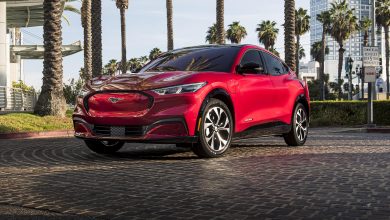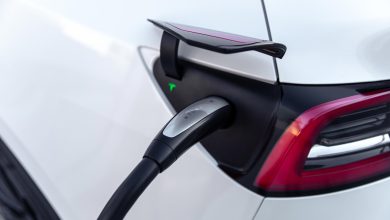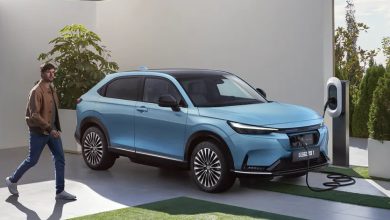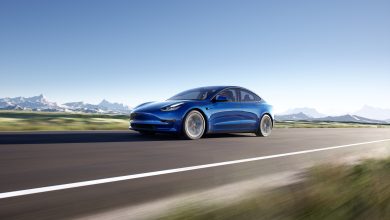Researchers Discover Revolutionary Technique That Charges Electric Vehicle Batteries In 10-Minute
Battery TechChargingEV NewsThe new batteries could be commercially available by 2024.
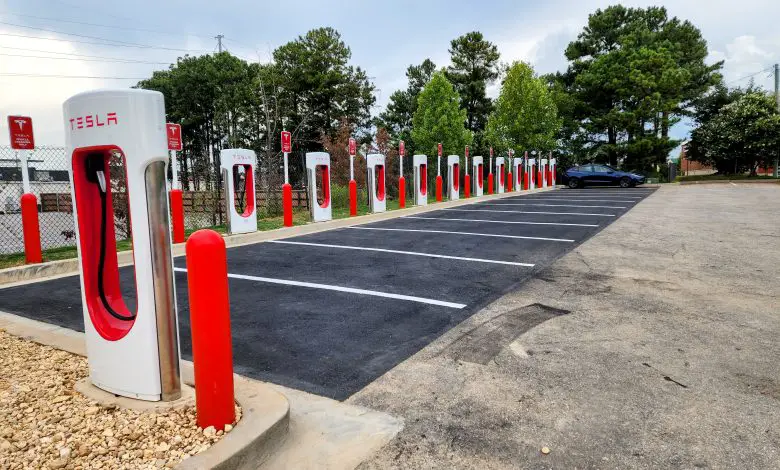
One of the biggest challenges owners of electric vehicles had to contend with was the long charging time. This becomes frustrating for long-distance travelers who have to cut their journeys for hours to recharge. Instead of spending a few minutes at gas pumps, they are forced to spend hours at a charging station.
Penn State William E. Diefenderfer Professor of Mechanical Engineering, Chao-Yan Wang in a paper published in Nature journal revealed the development of typical EV batteries that can charge within 10 minutes. The paper titled ‘Fast charging of energy-dense lithium-ion batteries’ was published on 12 October 2022.
Professor Wang who is the lead author of the publication explained that there is currently a shortage of batteries and necessary raw materials to meet the domestic production of EV batteries. Therefore, there is a need for “smaller, faster-charging batteries” to meet the rising demand.
Wang highlighted the two drawbacks currently limiting the massive adoption of EVs. Apart from slow recharging time, the professor noted that the EV batteries currently in production are too large which also impacts their cost.
In August, the Air Resources Board of California approved a plan to impose limitations on the sale of gasoline-powered vehicles and their eventual ban. The target is for the largest automakers in the United States to stop the production of vehicles with internal combustion engines (ICE) by 2035.
How the fast-charging battery technology work
Working with EC Power, a Penn State College-based startup, Wang and his team developed a technology that relies on internal thermal modulation to actively control the temperature for the best battery performance. As Wang explained, batteries are most efficient when they are hot. However, efficiency declines as they become too hot.
Maintaining batteries at the right temperature has always been one of the biggest challenges for engineers. The role of internal thermal modulation is to keep the batteries at the right temperature for optimal performance.
Hitherto, engineers regulated battery temperatures by relying on external and often large heating and cooling systems. The response of these systems is slow and leads to energy waste. Instead of using external heat regulating systems, Wang and his team decided to regulate the temperature inside the battery.
Instead of just anode, cathode, and electrolytes, the new battery developed by Wang and his team has a fourth component which is an ultrathin nickel foil. The role of the nickel foil is to act as a stimulus that allows the batteries to self-regulate their reactivity and temperature. This is the secret to achieving a 10-minute charge time in their EV batteries.
Wang has been in the field of battery engineering since the early 1990s. The discovery of the fast-charging technology adds to his already intimidating resume in the field.
How fast charging batteries will impact the EV industry
The immediate impact of faster-charging batteries will be felt in the smaller size of batteries needed for EVs. As Wang rightly pointed out, the discovery opens the world of opportunities for the possible downsizing of EV batteries from 150 kWh to 50 kWh without negatively affecting the range of EVs.
If every ICE is to be replaced by an EV at the moment, the world will need to expand the mining and refining of lithium and cobalt to meet the EV battery demand. The faster a battery can charge, the less the need for larger battery packs.
According to Motor and Wheels, the batteries of EVs currently account for between 30% and 57% of the vehicle’s total cost. With the reduction of the size of power packs, the cost of EVs should drastically come down. Wang also emphasized that the raw materials needed to make new materials will reduce just like the carbon emissions from the manufacture of such batteries.
EC Power is building a facility in Pennsylvania for the mass production of the batteries. The company believes it will be commercially available by 2024.

